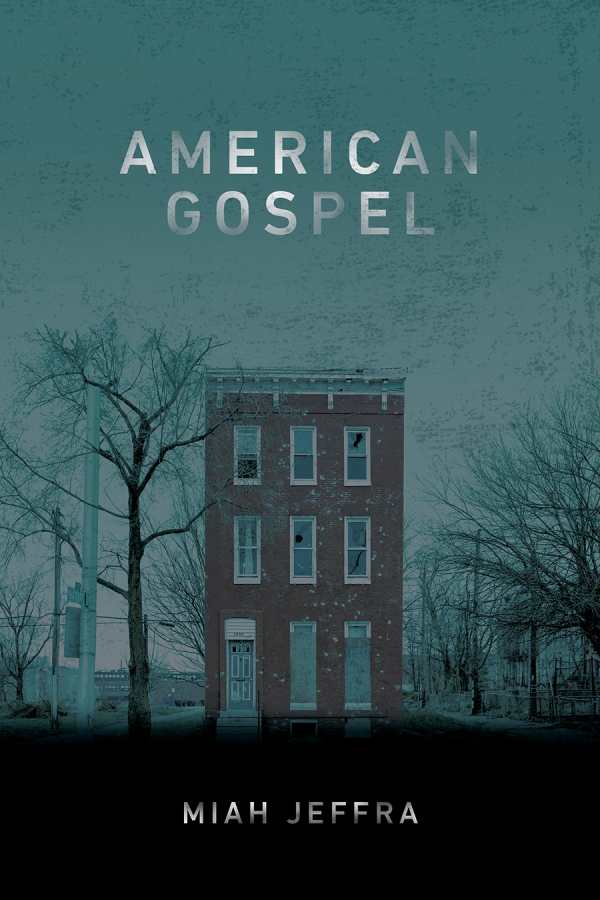American Gospel
In Miah Jeffra’s novel American Gospel, the gentrification of Baltimore, Maryland, is witnessed through alternating points of view—those of the people affecting it, and those of the people who are affected by it.
When plans for Crabtown, a project aiming to replace a poor neighborhood with a Baltimore-themed amusement park, are approved by city hall, the people of Baltimore are divided. Some will lose their homes to Crabtown; others will profit from it. Among those concerned is Ruth, who attempts to rebuild a stable life in the soon-to-be-demolished neighborhood after running away from her abusive husband; Peter, her son, who attends a good Catholic school on a scholarship and has a bright future, but who struggles with his sexuality and his feelings for a fellow student; Thomas, who is confronted with the loss of the mother who abandoned him as a child and the fact of her remaining property; MacAllister, the developer of Crabtown; and the neighbors who plan to protest Crabtown.
Introducing Baltimore in terms of its architecture, people, and politics, the book includes beautiful descriptions of buildings and characters who hold deep convictions about their town—convictions that often clash with those of others. The city’s diversity has an enlivening effect. Still, people’s threads don’t always intersect: Ruth and Peter are largely unaffected by the planned demolition, more concerned with their own loves, losses, and fears than with eviction notices. The lives of their protesting neighbors are less explored. Thomas gets involved with an occupant of the threatened neighborhood, but the grave consequences of Crabtown’s existence for the people of Baltimore are otherwise hazy.
Still, American Gospel is a serious literary novel set in a contemporary American city that’s troubled by its intersections of politics, race, and class.
Reviewed by
Michael Elias
Disclosure: This article is not an endorsement, but a review. The publisher of this book provided free copies of the book to have their book reviewed by a professional reviewer. No fee was paid by the publisher for this review. Foreword Reviews only recommends books that we love. Foreword Magazine, Inc. is disclosing this in accordance with the Federal Trade Commission’s 16 CFR, Part 255.

